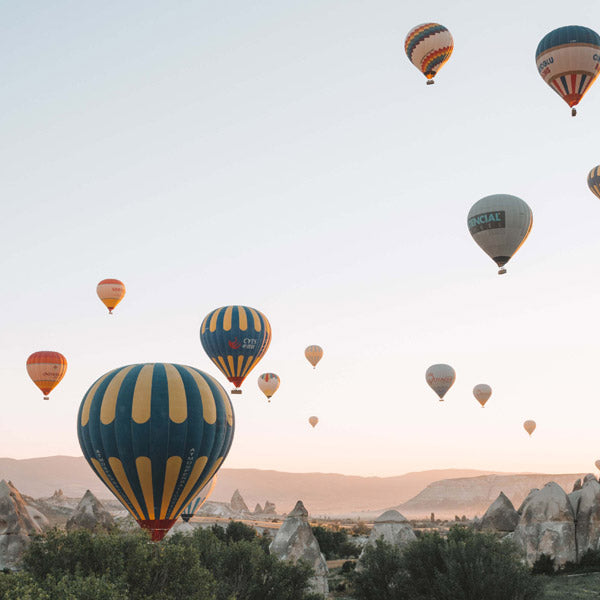Traveling can be one of the most rewarding human experiences — opening your mind and world view to new places, connecting with new people, and immersing yourself in local cultures. It can be meaningful, memorable, rejuvenating, and energising.

SO, WHAT IS SLOW TRAVEL?
It is as an approach to travel that emphasises connection to local people, cultures, food and music. It relies on the idea that a trip is meant to educate and have an emotional impact, while remaining sustainable for local communities and the environment.

WHERE DID SLOW TOURISM COME FROM?
The Slow Movement gained traction in the 80s after a resident in the historical Italian capital of Rome campaigned against the opening of a McDonalds in the Piazza di Spagna. This spawned Slow Food, a more sustainable and regional alternative to fast food, then came Slow Cities, Slow Living and finally Slow Travel. The Slow Movement’s unofficial ambassador, author Carl Honore, described the phenomena this way:
“It is a cultural revolution against the notion that faster is always better. The Slow philosophy is not about doing everything at a snail’s pace. It’s about seeking to do everything at the right speed. Savouring the hours and minutes rather than just counting them. Doing everything as well as possible, instead of as fast as possible.”
HOW CAN YOU TRAVEL SLOWER?
Travelling slower involves transitioning from materialistic and consumerist luxury to wanting purposeful experiences and creating meaningful moments. People no longer want to have a schedule full of tours of classic sightseeing spots. They want to travel at their own pace while experiencing and tasting the local culture. Slow travel is an experience-based way of travelling. Experience-based travel can be accomplished in different ways, such as connecting with people, creating a community, experiencing local culture and making conscious decisions. These conscious decisions impact our own sense of regeneration as well as helping the environment by reducing our global footprint.

THE BENEFITS
There’s an awful lot of clutter in modern life, and the only logical antidote to clutter is simplicity. Slow Travel excels at simplicity. Freed from the pressure of ‘seeing everything’, you can actually relax a bit and enjoy your holiday. There’s a better chance you’ll meet local people, see a few sights off the traditional tourist path and gain an appreciation of a different way of life, which is the whole point of travel in the first place.
Slow Travel also tends to keep tourism money in the pockets of those that need it most. Money stays in local communities, local restaurants & shops. You may also end up saving on transport, accommodation costs and practising more of the local language. It’s basically a distillation of our favourite bits of travel, without any of the frenzied list-checking or selfie-snapping competitiveness that distracts from the fun of the journey.
This simple mind set shift away from a consumerist style of travelling is well worth exploring. The environment and local communities you visit will thank you for it and your outlook on the purpose of travel could be changed for good. So, perhaps it’s time to throw away the guidebooks and see where our travels take us.


Leave a comment